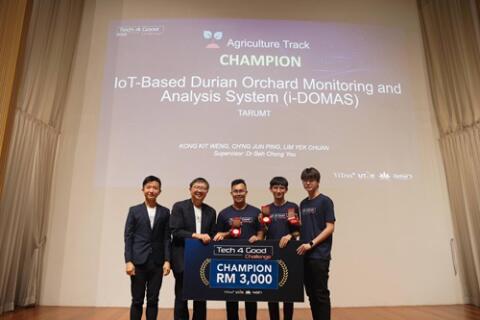What Do Data Scientist Do?
Data science is defined as the application of various tools, algorithms and processes to make sense of raw data. Therefore, data scientists are responsible for collecting, analysing and interpreting huge sets of data. They are a fusion of a computer professional, mathematician, scientist and statistician.
Daily Tasks of a Data Scientist
The main task of a data scientist is to convert large amounts of raw data into a simpler and cleaner format. Data scientists also need to apply statistical knowledge to present the data in charts and graphs. In addition, they also need to constantly update themselves on the latest analytical techniques such as machine learning, deep learning and text analytics. They then apply these technical skills to look for patterns in data and spot trends that can help a business’s end goal. Data scientists frequently work with their colleagues in IT and business to solve business-related problems and to make sure the data can be communicated to nontechnical stakeholders and managers in a way that can be digested easily.
Academic Pathway
The great thing about the data science field is that it welcomes degree holders in mathematics, statistics, computer science, management, information systems and marketing! A number of higher education institutions in Malaysia also offer courses in Computer Science with a focus on Data Science and Analytics. As big data is a rapidly growing field, there are always new tools available that individuals in the profession need to learn. Therefore, those interested in data science earn professional qualifications and skills through online courses and boot camps. Individuals can also pursue postgraduate programmes in Data Science to further hone their skills.
Skills Needed
A background in mathematics and statistics is important to have a career in data science. Important hard skills needed include knowledge and expertise on big data platforms and tools such as Hadoop, Spark and MapReduce. Data scientists also need to be well-versed in a number of programming languages such as SAS, R and Python as well as statistical research techniques. They also need to have an understanding of concepts such as data mining, machine learning and deep learning.
On the other hand, soft skills that are useful as a data scientist are a natural curiosity, creativity and critical thinking. They must have an analytical mind, problem-solving skills and attention to detail. Data scientists also need to be able to work independently and have good verbal communication skills.
Job Opportunities
As more businesses go digital, large amounts of data will be accumulated on their platforms, also known as big data. This has created a demand for data scientists to analyse big data in a way that can unlock new market trends and predict customer behaviour that may potentially increase a business’s revenue in the long run. Data science also plays an important role in security and fraud detection. Industries that need data scientists include agriculture, big data, digital economy, economics, healthcare, human resources, IT, marketing analytics, marketing optimisation, public policy, risk management, robotics, machine translation, manufacturing, medical informatics, speech recognition and travel.
Expertise in big data analytics is essential for companies to understand their customers and secure long-term success in this day and age. Therefore, a career in data science is exciting and is becoming a much sought-after profession.
Advices





News from Institutions















